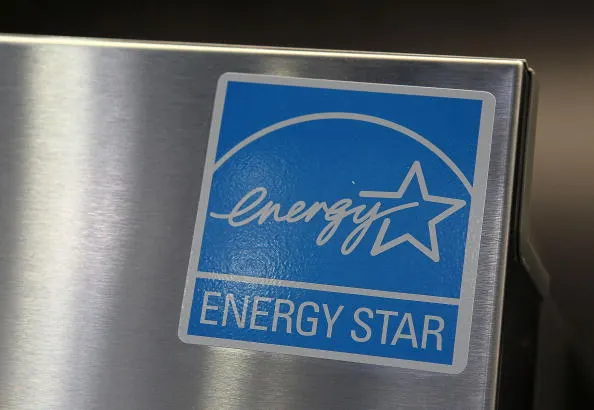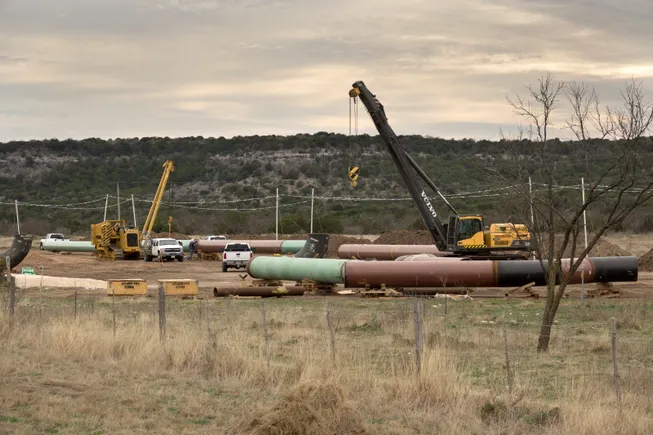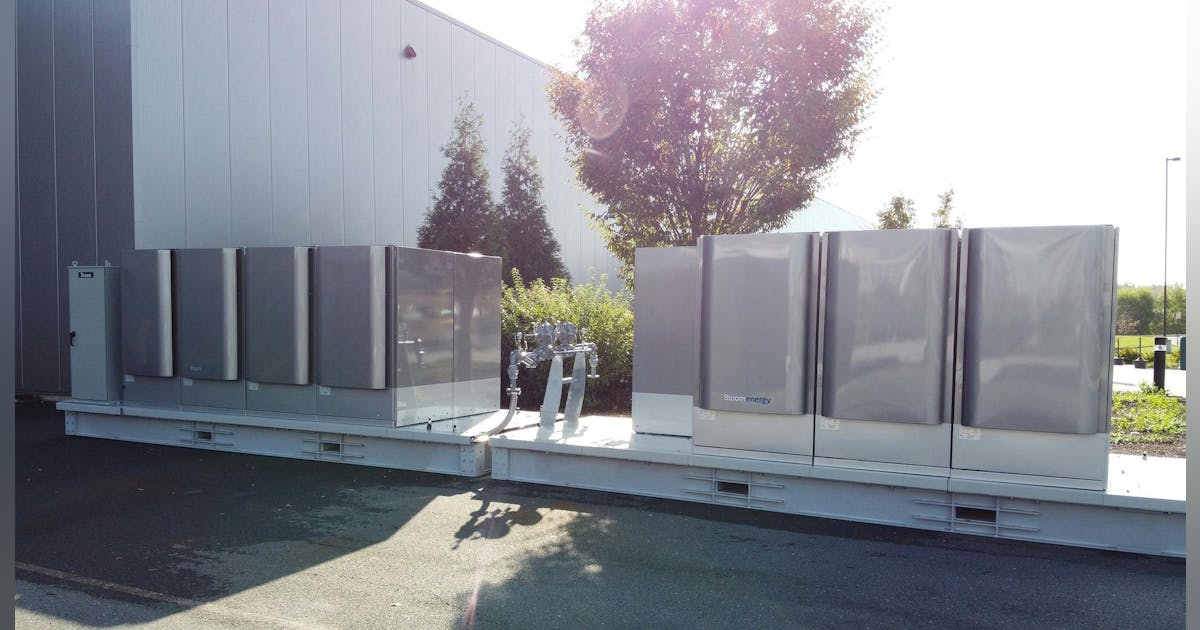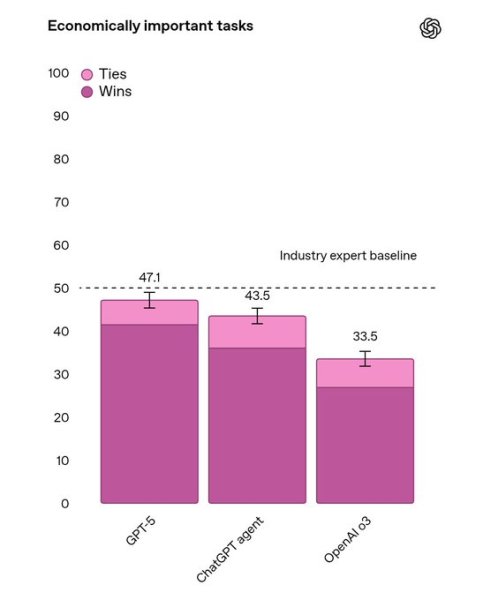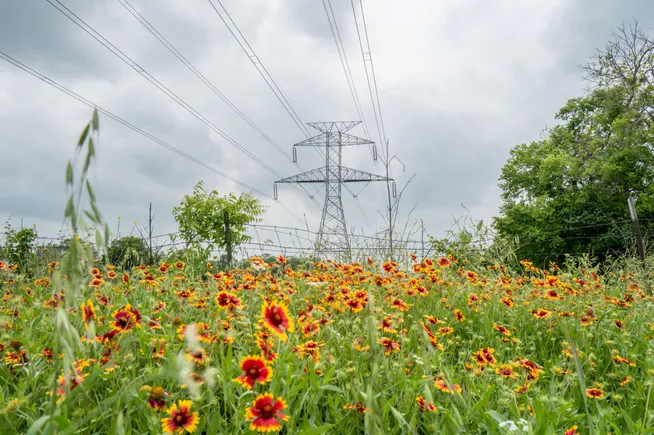
Dive Brief:
- Texas regulators have opted to keep, for now, the minimum required duration and real-time state of charge for non-spin reserve resources at four hours, dashing the hopes of some battery energy storage system operators for a reduction that could increase competition and profitability.
- On July 31, the Public Utility Commission of Texas approved the rule, which the Electric Reliability Council of Texas adopted despite stakeholder opposition and the independent market monitor’s recommendation that it be reduced to one hour.
- The four-hour requirement will benefit gas peaker plants owned by independent power producers like Vistra and NRG Energy at the expense of Tesla, Engie, Enel and other stationary storage operators, Capstone analysts Monica Chen and Sanjana Patel wrote. It could also push some BESS operators out of the state’s market, they said. But analysts with Aurora Energy Research told Utility Dive it’s unlikely to result in dramatic operational changes.
Dive Insight:
The four-hour state of charge requirement was already unfavorable for BESS operators, but any negative impact from maintaining the status quo may be offset by less contentious revisions to the protocol, said Olivier Beaufils, Aurora head of U.S. Central.
For example, the commission shortened the duration requirement for resources in the ERCOT Contingency Reserve Service from two hours to one hour, broadening access for shorter-duration energy storage systems, he said.
As for the four-hour requirement for non-spin reserve resources, “I don’t think there’s much of a change there,” he said.
“It’s more that the evolution people were expecting is not going to happen anytime soon,” Beaufils said, adding, “I think ERCOT is being a bit conservative as to what deployment for non-spin means.”
Capstone expects the commission to revisit the four-hour requirement and other duration changes of the revised protocol about a year after they take effect on Dec. 5, Chen and Patel wrote. Stakeholders that opposed the changes may seek further revisions before then and ERCOT itself may revisit them if they appear to impact grid reliability, the analysts added.
The Dec. 5 effective date coincides with the rollout of the Real-Time Co-optimization plus Batteries program, or RTC+B, a broader framework to optimize batteries’ energy and ancillary services in real time.
Though proponents expect the RTC+B framework to more efficiently manage battery dispatch and potentially create new value streams for BESS operators, at least two Texas operators voted against the four-hour state of charge requirement at an ERCOT committee meeting in May, Aurora associate Aditi Shetty said in an interview.
“Their argument, in a nutshell, is that by keeping non-spin [state of charge] at four hours, you decrease the amount of energy storage resources available to respond during periods of system stress,” she said, referring to dissenters Engie and Jupiter Power. “Effectively, you are taking a chunk of available megawatts off the system.”
Another way to look at it is that ERCOT doles out non-spin reserve awards in five-minute intervals, so a four-hour requirement means a battery system would need to maintain 48 times the charge needed to perform during a single interval, Shetty said. The independent market monitor’s one-hour recommendation would require just 12 times the needed charge.








